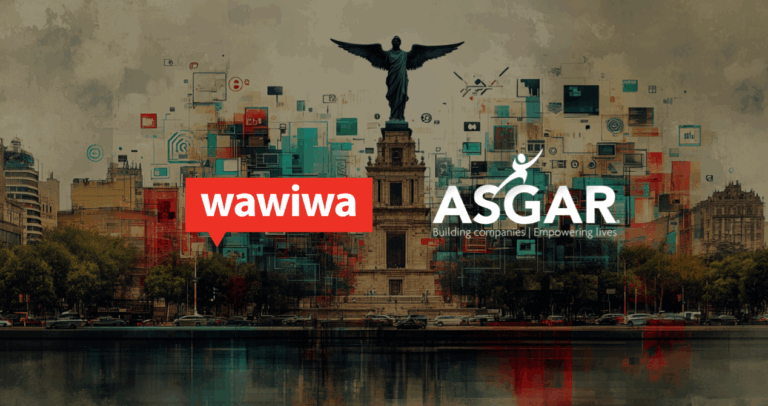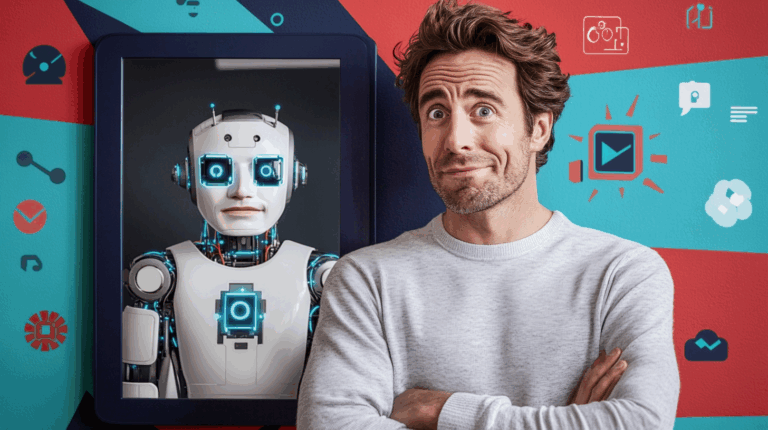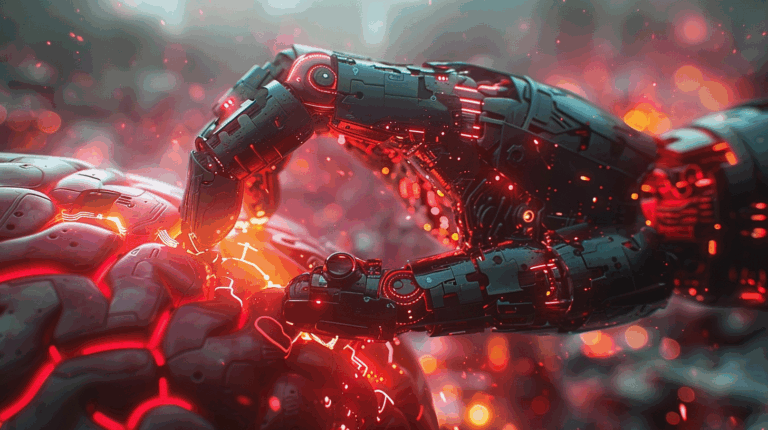La inteligencia artificial está cambiando el panorama educativo de forma impresionante. Sin embargo, hay serios inconvenientes y preocupaciones a tener en cuenta.
Artificial intelligence (AI) pushes the boundaries of global industries towards the future. Healthcare, finance, retail, and other industries integrate AI into everyday operation. The Australian Council of Learned Academics predicts that by 2030, AI will contribute US$15.7Tn to the global economy.
Among the many industries embracing this wave of automated change is education.
Personalized learning plans, pre-programmed tutors, and speeding up educational processes are among the solutions AI has created. For an overview of potential use cases for AI in education, read our first blog on the topic here.
However, with great technology comes great responsibility, and we must also remain mindful of potential risks AI may soon entail…
Upgrading at a Cost
First, AI is a costly upgrade, it’s not always worth it, and not everyone can afford it.
For example, personalized AI platforms and solutions for universities, schools and training centers can cost millions of dollars.
Analyzing 2020 spending, companies in the United States spent more than USD$300k to pay for AI solutions. Many schools simply don’t have the financial means to implement advanced AI in their platforms. AI systems remain likely to be implemented in private, wealthier schools and affluent areas. This higher level of education is only accessible to the students whose families come from prominent status.
This disparity may play a role in the quality of education students of different institutions get and promote a deeper socioeconomic divide. Education already faces several issues of inequality. If we are not careful with how this technology is distributed, we may further reinforce economic divides.
A “Perfect” Machine?
AI and machine learning are used for answering students’ questions on homework assignments to providing test grades and feedback on essays.
However, AI doesn’t always get it right. AI essay checkers may mark proper phrases or sentences with “poor grammar”. Bots may be programmed to answer a students’ STEM-related questions or grade a solution. But, if a question or answer deviates from the predetermined data, bots might not be able to help, or discourage a student who gave an innovative, yet correct answer.
Human judgement is still needed to make the final call, in situations where AI might fail to hit the mark.
Robots Teaching Kids?
The idea that robots and machines can replace teachers can be daunting to think about. It remains a large topic of discussion in the EdTech space. In fact, a 2019 conference hosted by the United Nations General Assembly and UNESCO focused on answering the question, “Where Does Artificial Intelligence Fit in the Classroom?”. The panels concluded that further study needs to occur before AI technology is heavily deployed in the classroom.
AI plays an important role speeding up information and accelerating learning to rapid paces. Heavy dependence overtime with instant feedback, personalized learning games, and software that teaches you entire lessons may propel psychological shifts in children.
Additionally, heavy dependence on AI may lose out on important social interactions with teachers and classmates, and experience lapses in emotional development. Learning social cues and collaborating with people from various backgrounds, may not occur as effectively if AI interferes.
Tech leaders have even brought the idea of machine learning and AI moving on its own, prompting for polarizing opinions. Elon Musk, founder of top companies like Tesla and PayPal, praises the use of AI but cautions the speed of deployment. In fact, he truly believes that the outcomes of “The Terminator” can be reality if we aren’t careful. Even Bill Gates, CEO of Microsoft, compares AI to nuclear energy – both promising and dangerous.
When machine learning goes unregulated, many fear it can lead to negative and unpredictable consequences. Applying that to the school environment makes it even more concerning.
Waves of Unemployment
Lastly, AI largely contributes to people losing their jobs. In the United States alone, AI and automation processes are predicted to eliminate up to 73M jobs by 2030. As AI technology becomes more precise and customized for education, several roles may soon become obsolete.
Teachers, administrators, secretaries, and even non-education personnel will lose their jobs, leading to an intense snowball effect. Hardworking people will suffer financial distress. Kids may lose the roof on their head and food on the table. Teachers may reskill under distress, not truly absorbing necessary skills. Students will lose out on fundamental, human interaction. Education would never be the same again.
Remedying Concerns of AI
AI provides multiple pathways to making education accessible and exciting! However, as we gear towards incorporating AI and machines into education, we need to think ahead about finding the proper combination of technology and human-centric learning.
The key to ensuring AI usage in education works well is with thorough design thinking and persistent regulation. Even before systems are put in elementary schools or graduate programs, AI practitioners and Machine Learning experts should prioritize the needs of their consumers. They must also remain several steps ahead, coming up with solutions to problems that haven’t even occurred yet. A well designed and carefully thought out system, combined with routine maintenance, will ensure AI systems are properly functioning.
Additionally, we need to shift our thinking of artificial intelligence. It is a tool and not the goal. Curriculum developers should focus on how AI can enhance rather than force it on the education playing field where it’s not called for.
By working through trial-and-error, as well as getting feedback from students and school employees, AI systems can experience continuous improvement, and enhance the student experience.
There’s a lot of discussion revolving the extent to which we integrate AI and technology into our everyday lives. It’s a scary thing putting trust into computers and code, rather than teachers and administrators. However, if we tread with caution, we have the potential of opening up the most efficient means of education yet.
If you haven’t read our first blog on the topic, read it here.



